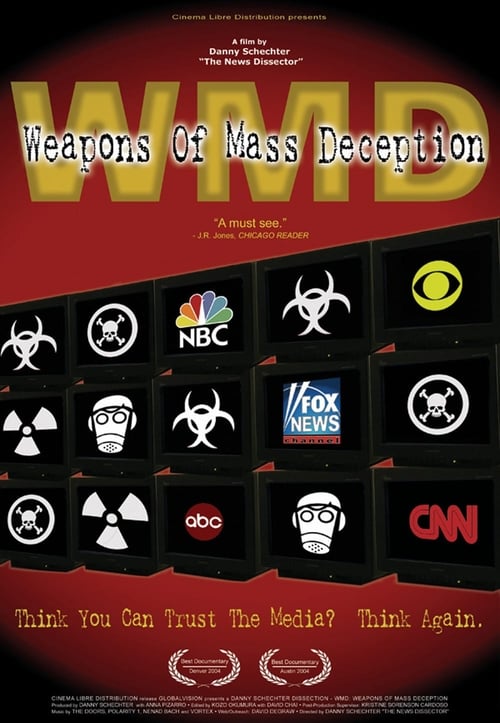
 Disclaimer - This is a news site. All the information listed here is to be found on the web elsewhere. We do not host, upload or link to any video, films, media file, live streams etc.
Kodiapps is not responsible for the accuracy, compliance, copyright, legality, decency, or any other aspect of the content streamed to/from your device.
We are not connected to or in any other way affiliated with Kodi, Team Kodi, or the XBMC Foundation.
We provide no support for third party add-ons installed on your devices, as they do not belong to us.
It is your responsibility to ensure that you comply with all your regional legalities and personal access rights regarding any streams to be found on the web. If in doubt, do not use.
Disclaimer - This is a news site. All the information listed here is to be found on the web elsewhere. We do not host, upload or link to any video, films, media file, live streams etc.
Kodiapps is not responsible for the accuracy, compliance, copyright, legality, decency, or any other aspect of the content streamed to/from your device.
We are not connected to or in any other way affiliated with Kodi, Team Kodi, or the XBMC Foundation.
We provide no support for third party add-ons installed on your devices, as they do not belong to us.
It is your responsibility to ensure that you comply with all your regional legalities and personal access rights regarding any streams to be found on the web. If in doubt, do not use.
 Kodiapps app v7.0 - Available for Android.
You can now add latest scene releases to your collection with Add to Trakt. More features and updates coming to this app real soon.
Kodiapps app v7.0 - Available for Android.
You can now add latest scene releases to your collection with Add to Trakt. More features and updates coming to this app real soon.

A Quiet Place Day One 2024 - Movies (Oct 2nd)
Cabrini 2024 - Movies (Oct 2nd)
- (Jan 1st)
- (Jan 1st)
- (Jan 1st)
- (Jan 1st)
- (Jan 1st)
- (Jan 1st)
- (Jan 1st)
- (Jan 1st)
- (Jan 1st)
- (Jan 1st)
- (Jan 1st)
- (Jan 1st)
- (Jan 1st)
- (Jan 1st)
- (Jan 1st)
- (Jan 1st)
- (Jan 1st)
- (Jan 1st)
- (Jan 1st)
An examination of the how television news in the US has covered war from Vietnam to the present day

A documentary about how Russia has been using popular culture as a weapon against Ukraine for decades. Together with industry participants, the film's narrator, musician Albert Tsukrenko, explores the financial, political and psychological reasons for the vulnerability of Ukrainian artists and reflects on how to break this vicious circle. Unfortunately, our own Ukrainian talents are becoming the ammunition in this weapon. Several generations of original Ukrainian musicians at different times in the 1970s and 1980s, 1990s and 2000s, and 2010s switched from Ukrainian to Russian in their work. Whether willingly or unwittingly, they became tools of Russian show business, which has always sought to blur the cultural border between Russia and Ukraine and worked to promote the imperial myth of "one nation".

Michael Moore's view on how the Bush administration allegedly used the tragic events on 9/11 to push forward its agenda for unjust wars in Afghanistan and Iraq.
It was the biggest escape in the history of the Berlin Wall: in one historic night of October 1964, 57 East-Berliners try their luck through a tunnel into West Berlin. Just before the last few reach the other side, the East German border guards notice the escape and open fire. Remarkably, all the refugees and their escape agents make it out of the tunnel unscathed, but one border guard is dead: 21-year-old officer Egon Schultz.

How the Islamic State has created a powerful propaganda factory that manipulates and twists at its convenience the subjects and icons of the Western popular culture in order to lure into darkness certain young people and recruit them to achieve a dreadful purpose, an industry of fear that overcomes the infamous Nazi machinery and the methods used by both sides during the Cold War.

In 1976, the Tate Gallery exhibited an experimental artwork that became a national sensation - Carl Andre's Equivalent VIII, or, to its detractors, 120 bricks laid on the floor. This documentary explores the origins of Andre's work and the extraordinary fallout from its exhibition.
World Order is a nearly two-hour documentary film by documentary film director Vladimir Soloviev examining the vast political changes in the world since the fall of the Soviet Union in 1992. The film was first broadcast on Russian television channel Pervy Kanal on December 20.

An exploration —manipulated and staged— of life in Las Hurdes, in the province of Cáceres, in Extremadura, Spain, as it was in 1932. Insalubrity, misery and lack of opportunities provoke the emigration of young people and the solitude of those who remain in the desolation of one of the poorest and least developed Spanish regions at that time. (Silent short, voiced in 1937 and 1996.)

Kieslowski’s later film Dworzec (Station, 1980) portrays the atmosphere at Central Station in Warsaw after the rush hour.

The true story of the massacre of a small Czech village by the Nazis is retold as if it happened in Wales.